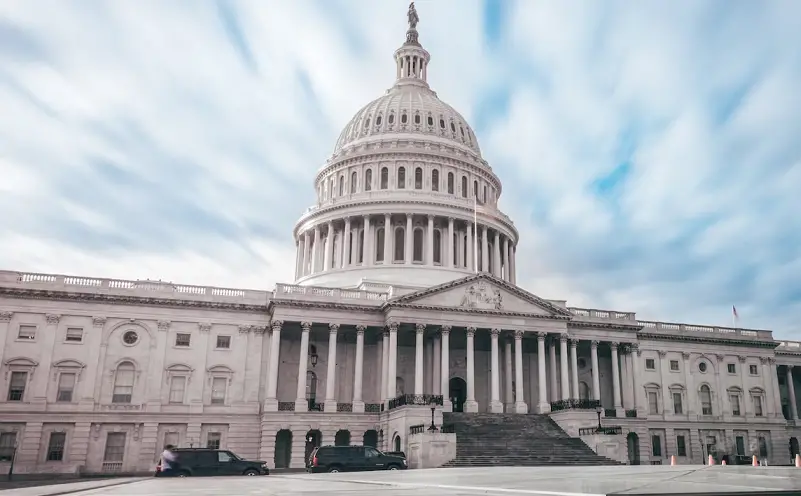In a new research note, Capital Group finds that as the US national debt continues to grow, the US government is now approaching a point where it will be paying more on interest payments than it is on national defense.
Darrell Spence, an economist for the financial services company writes, “US debt dynamics are evolving in a way that requires attention. Over the next five years, net interest payments on the debt are expected to surpass defense spending.”
Spence went on to point out that if the US national debt continues to accumulate at the rate forecasted by the Congressional Budget Office, the government’s expenditures on net interest payments would rise from under $500 billion to a shocking $1.4 trillion by 2033.
Policymakers may find it concerning that interest payments may surpass defense spending soon, especially following the White House’s pledge to request over $100 billion of funding for both Israel and Ukraine on Monday.
Wall street has grown increasingly concerned over debt this year, as lawmakers debated over raising the debt ceiling, only coming to an agreement at the last moment back in May. In the present, Treasury bonds are presently undergoing a rout which many consider among the worst sell-offs in market history.
On September 18th, the US national debt surpassed a mind-blowing $33 trillion, only to gain $640 billion more within the next month, which would translate to $20 billion in additional debt accruing every day.
According to Spence, America’s debt levels are approaching levels which now may begin to impact the national economy.
He wrote that a nation’s level of debt tends to become a problem if it “had interest rates that were higher than its economic growth rate, the incremental revenue generated by the economy each year became smaller than the interest payments on the debt, and the debt began to grow all by itself.”
He added, “The US had been far from reaching that threshold. Until now.”
He went on to warn that the rapidly increasing debt level could force the government to increase taxes, cause further bond sell-offs, and drive the Federal Reserve to continue to maintain higher interest rates in the nation.
He said, “Slower economic growth also could be expected, given that government spending would need to be re-routed to debt service. For investors, this could lead to lower stock market returns over time, given the strong long-term correlation between GDP growth and market returns.”

